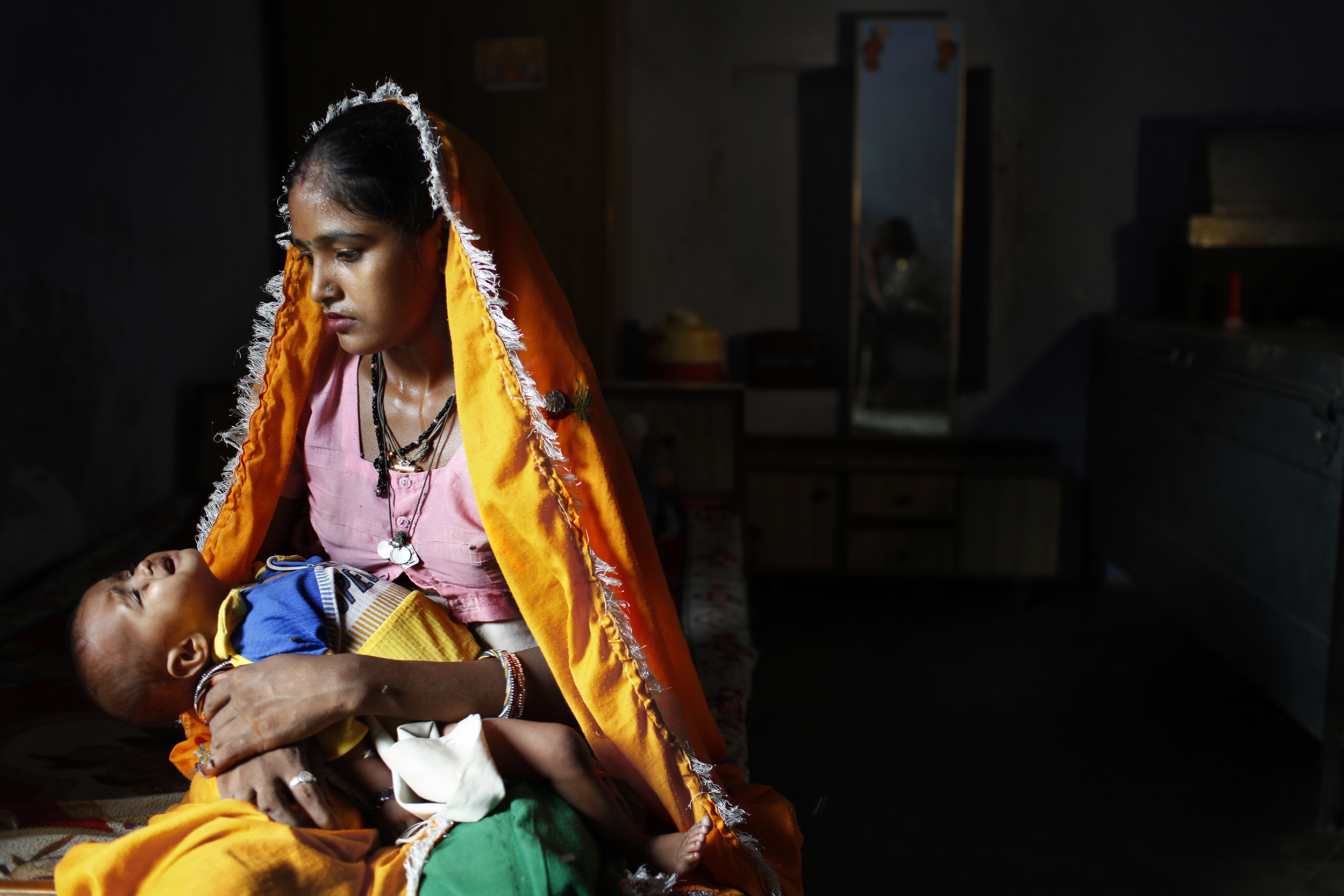
Mamta Kumhar, still a child herself at 15, holds her daughter in the room she and her husband share with her extended family. Although Indian law restricts women younger than 18 from marrying, the tradition is so strong and enforcement so lax that nearly half do so anyway, all but guaranteeing an early start to childbearing. She was married to her husband Ramjee at 10 years old and had her tubes tied after the birth of her second child.
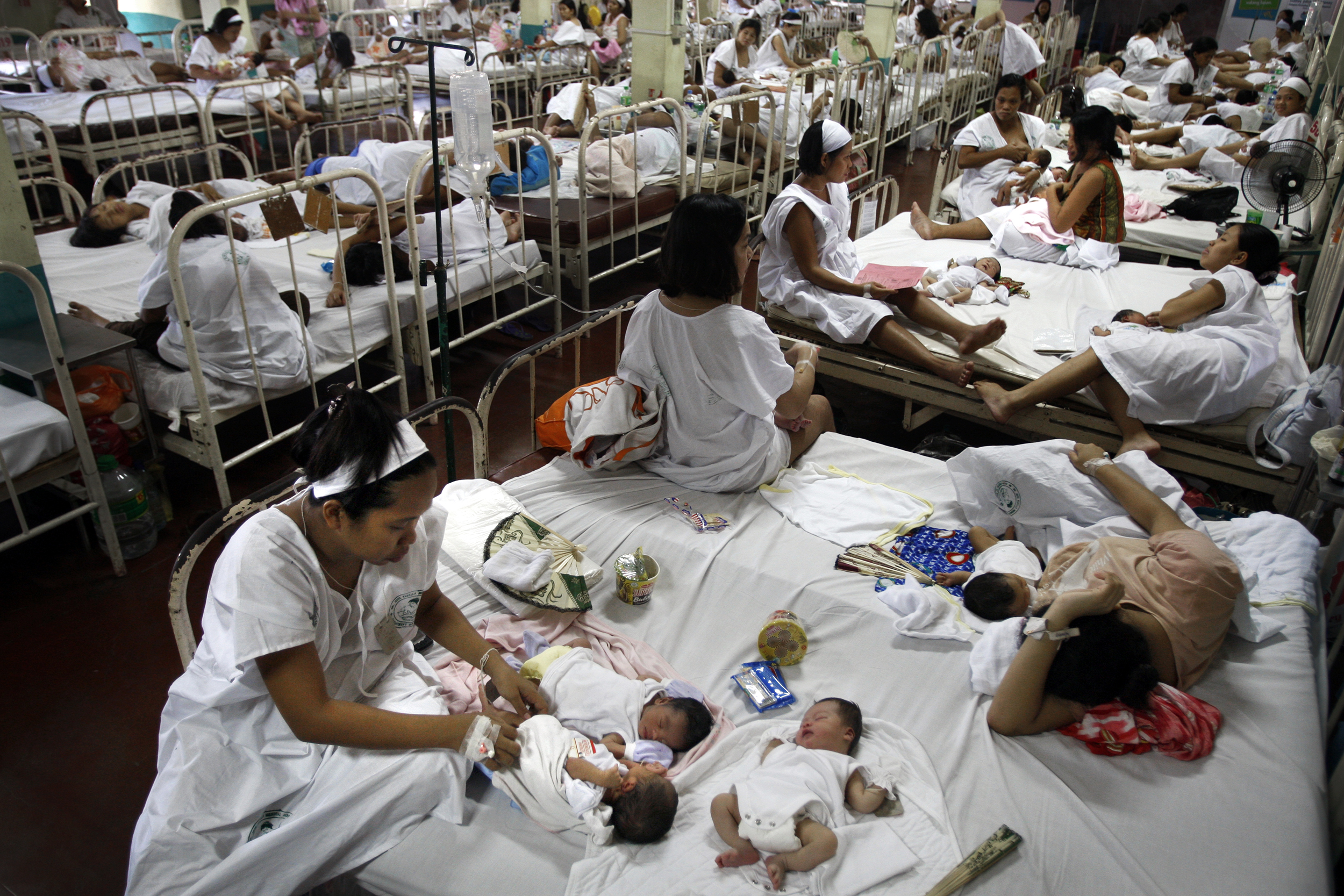
Even in the low season there are more than two women per bed in the recovery room of Dr. Jose Fabella Memorial Hospital in Manila, the primary birthing hospital in Metro Manila. The Philippines, at about 94 million people, is the 12th largest nation by population.
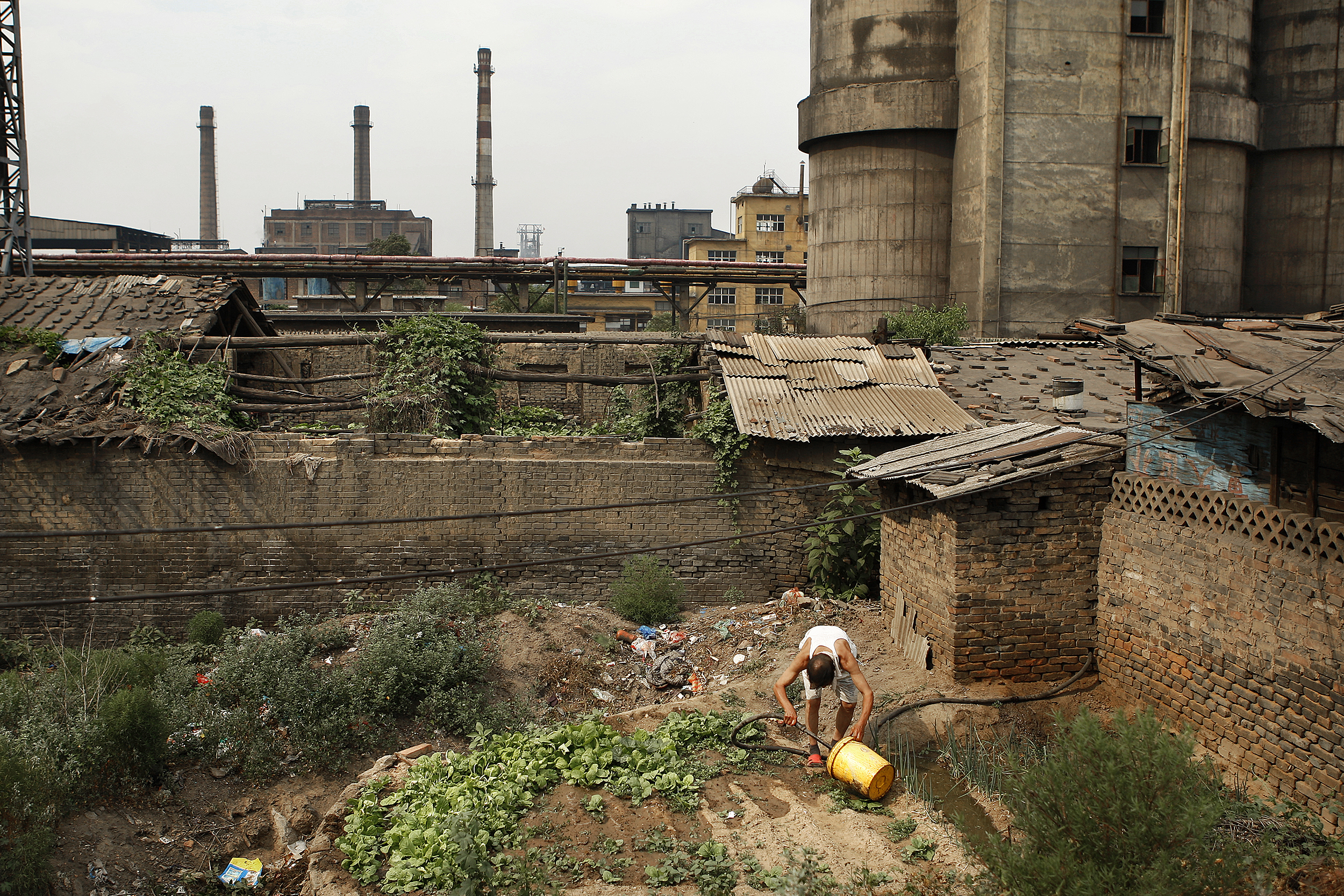
LINFEN, CHINA -- Wang Xixhan, 62, tends a small-plot garden in his home next to Linfen’s steel mill. Before upgrades in the last few years, the mill unleashed noxious gas and heavy load of sooty ash that fell on the neighborhood like gray-black snow. Nothing used to grow, neighbors said, and many of them felt nauseous or had other symptoms from the incessant pollution. Authorities launched a major cleanup, shuttering boilers and illegal coalmines since a World Bank study embarrassed Chinese leaders by giving Linfen the dubious distinction as the dirtiest city in the world. Still, the skies remain polluted enough to shroud the sun from view.
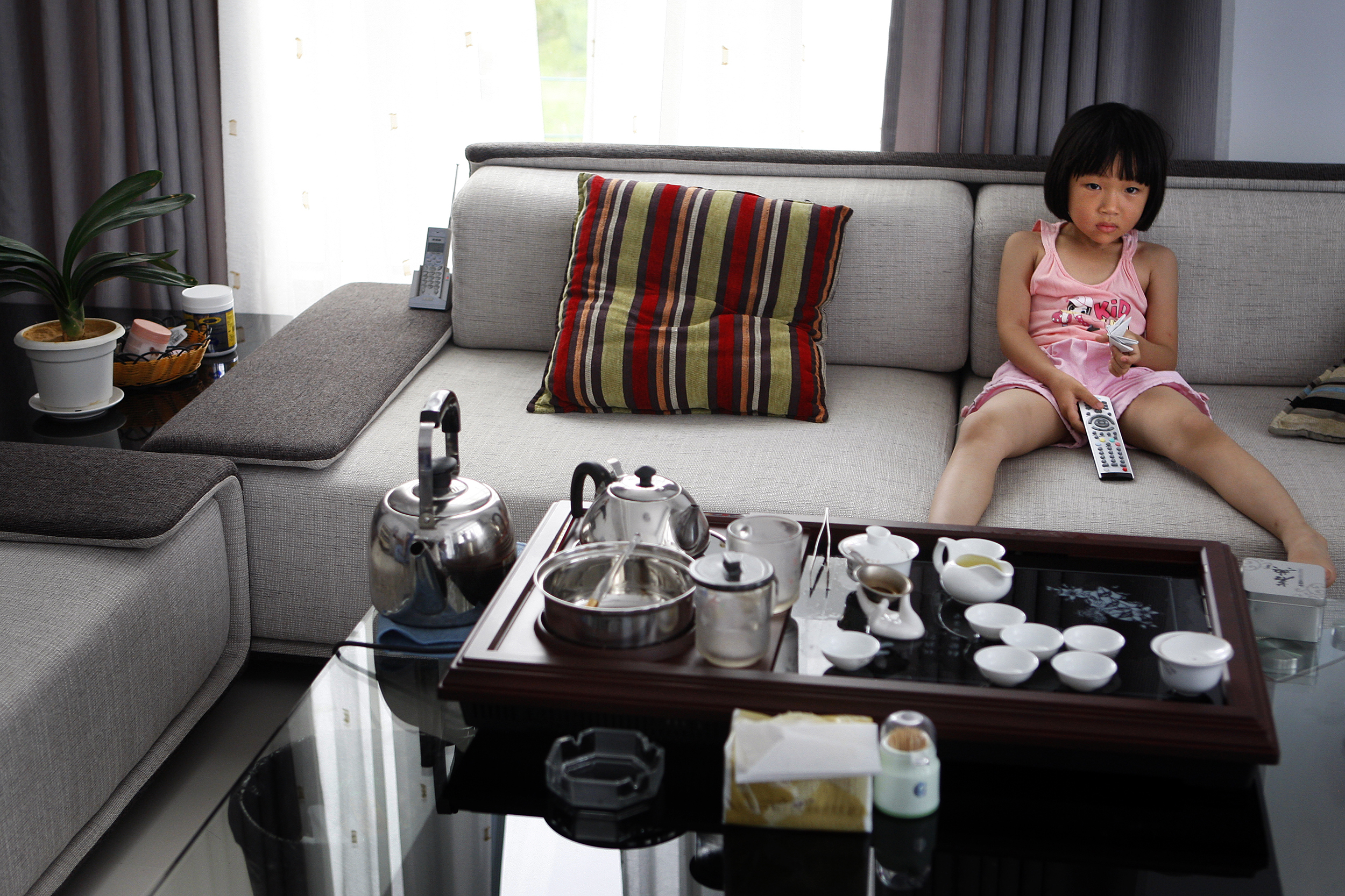
Toying with a remote to a large, flat-screen television, Zhang Yujia, 6, sits alone on a large wrap-around couch watching cartoons in the nicely appointed house that her parents had built with a $100,000 interest-free loan from the government. The loan was an incentive payment for her parents, mother Chen Hui Ping, a factory worker, and father Zhang Qing Ting, an electrical technician, along with the promise of cash payments after they retire – all for giving up on having a larger family. Chinese authorities like to emphasize these “incentive” payments, in a national campaign to control its population, rather than the one-child restrictions on urban couples that have led to abuses such as forced abortions and gained notoriety around the world.
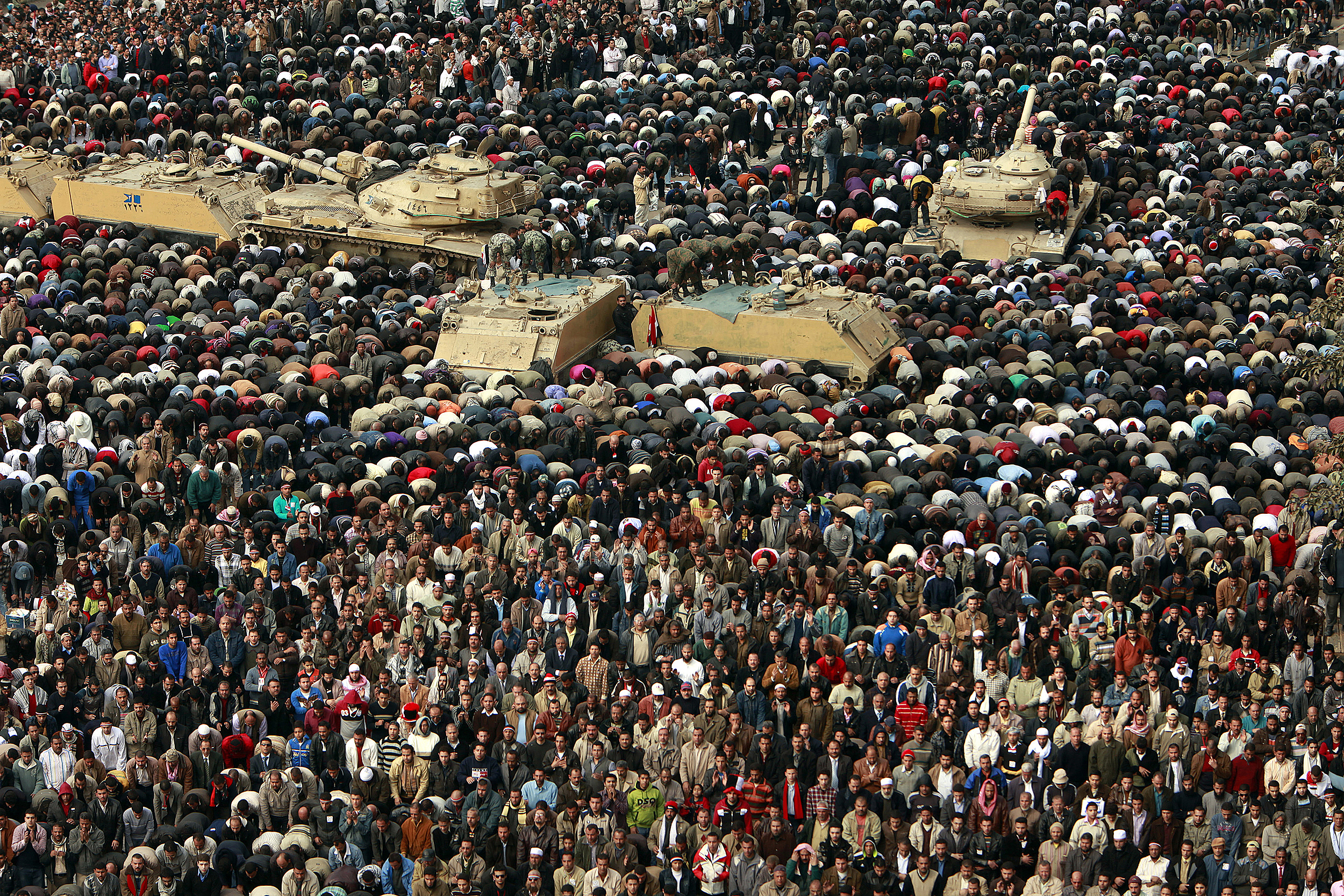
CAIRO, EGYPT -- Members of the Egyptian army pray with protesters in Tahrir Square where thousands of protesters gathered to renounce President Hosni Mubarak. Mubarak eventually stepped down, as did the leaders of Tunisia and Libya during a series of popularly driven uprisings known as the Arab Spring. The protests were driven by numerous factors that include high unemployment, increasing poverty levels a large population of dissatisfied youth.
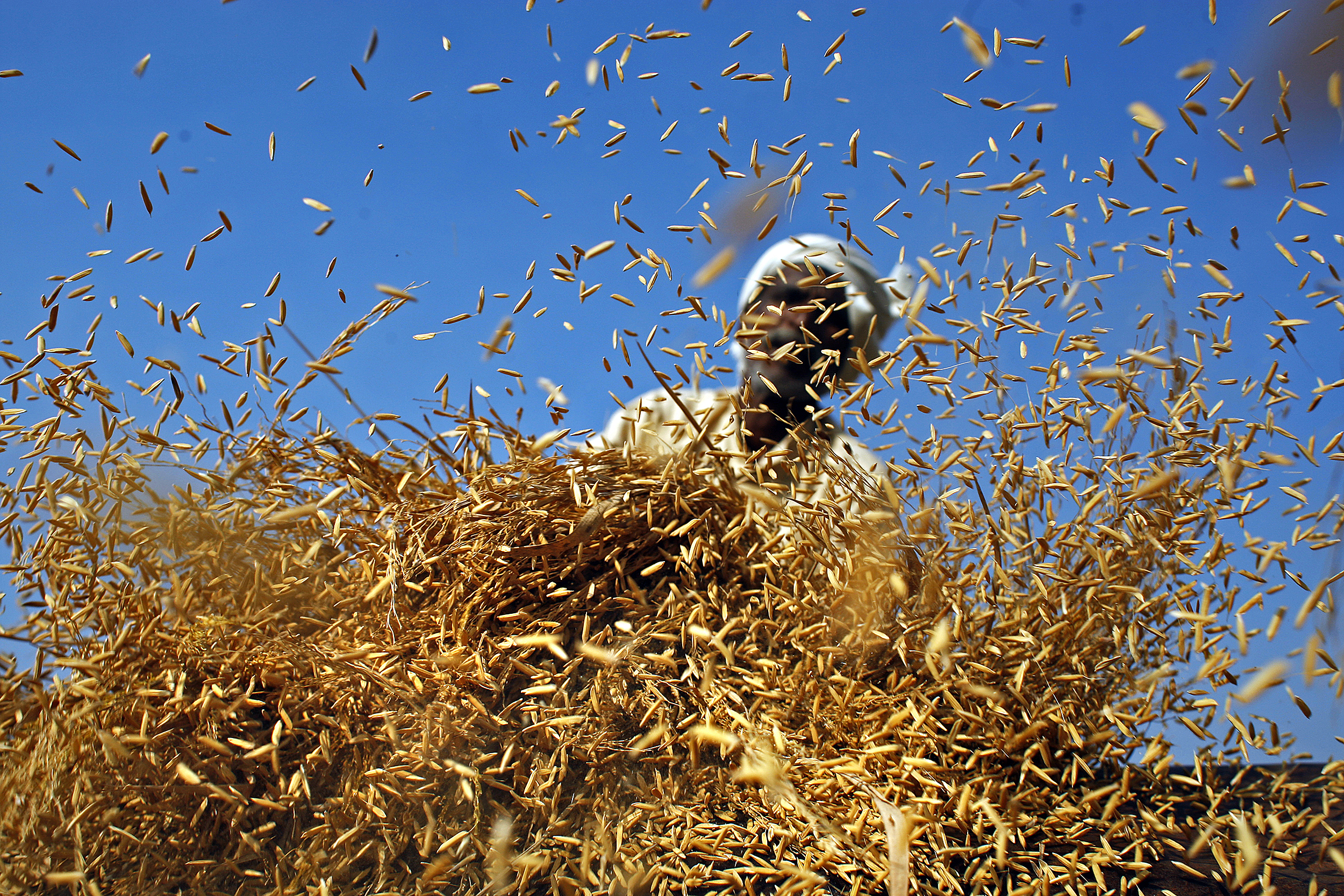
PUNJAB, INDIA -- A farm worker threshes rice over a steel barrel in the middle of a rice paddy during the harvest in Punjab. The rice will be sold to other places in India that cannot feed its people. Punjab, a relatively small state in Northwest India, is the country’s breadbasket, growing about half of the rice and wheat sold on the market in India. “If these grains were not available from Punjab, this country would starve,” says agricultural economist SS Johl.
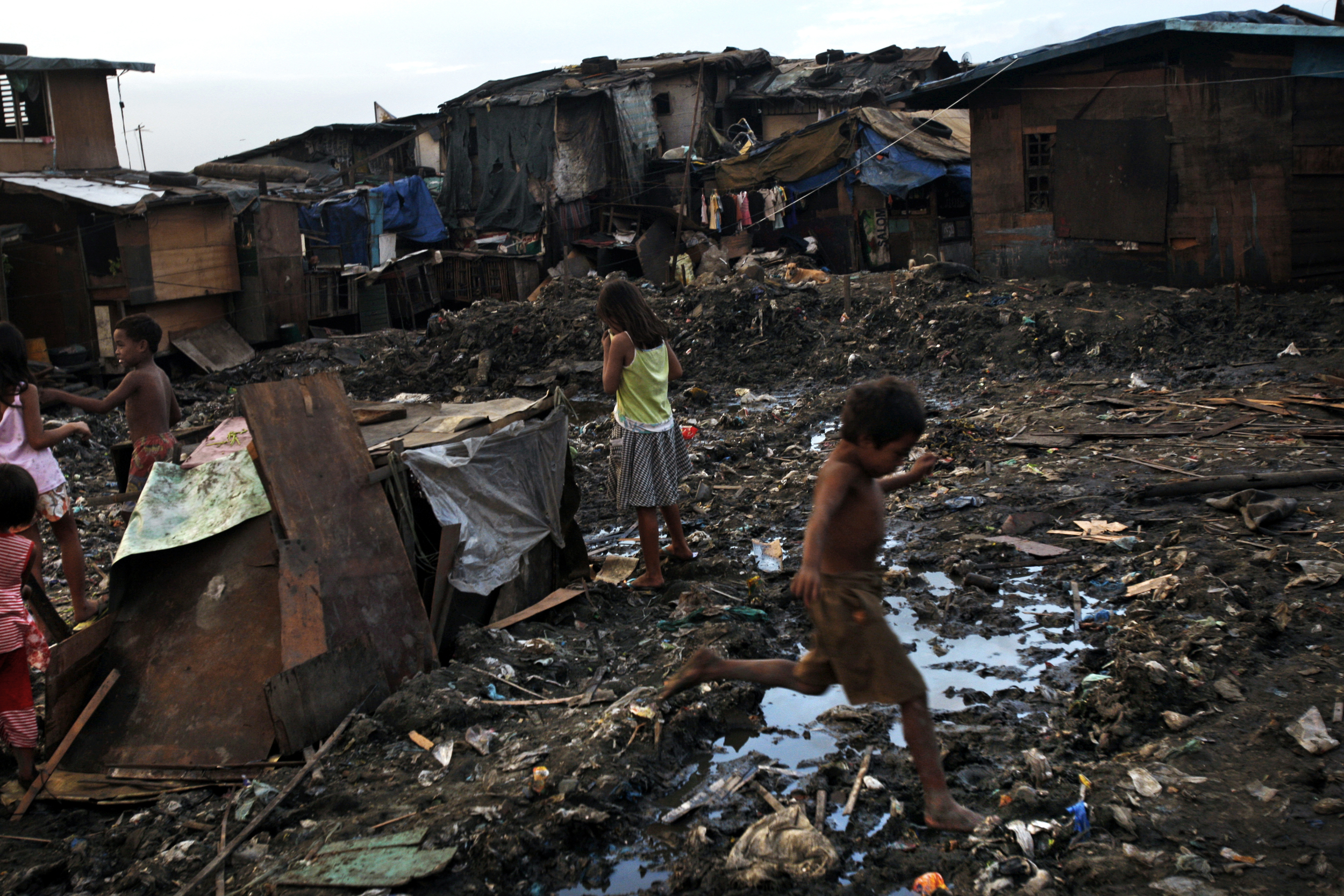
Barefoot children play in the sludge of Tondo, a dump in Manila where thousands people exist in makeshift homes and make a living by sifting through the refuse of others. More and more people in the Philippines and throughout the world are residing in slums as the population balloons and economic situations decline.
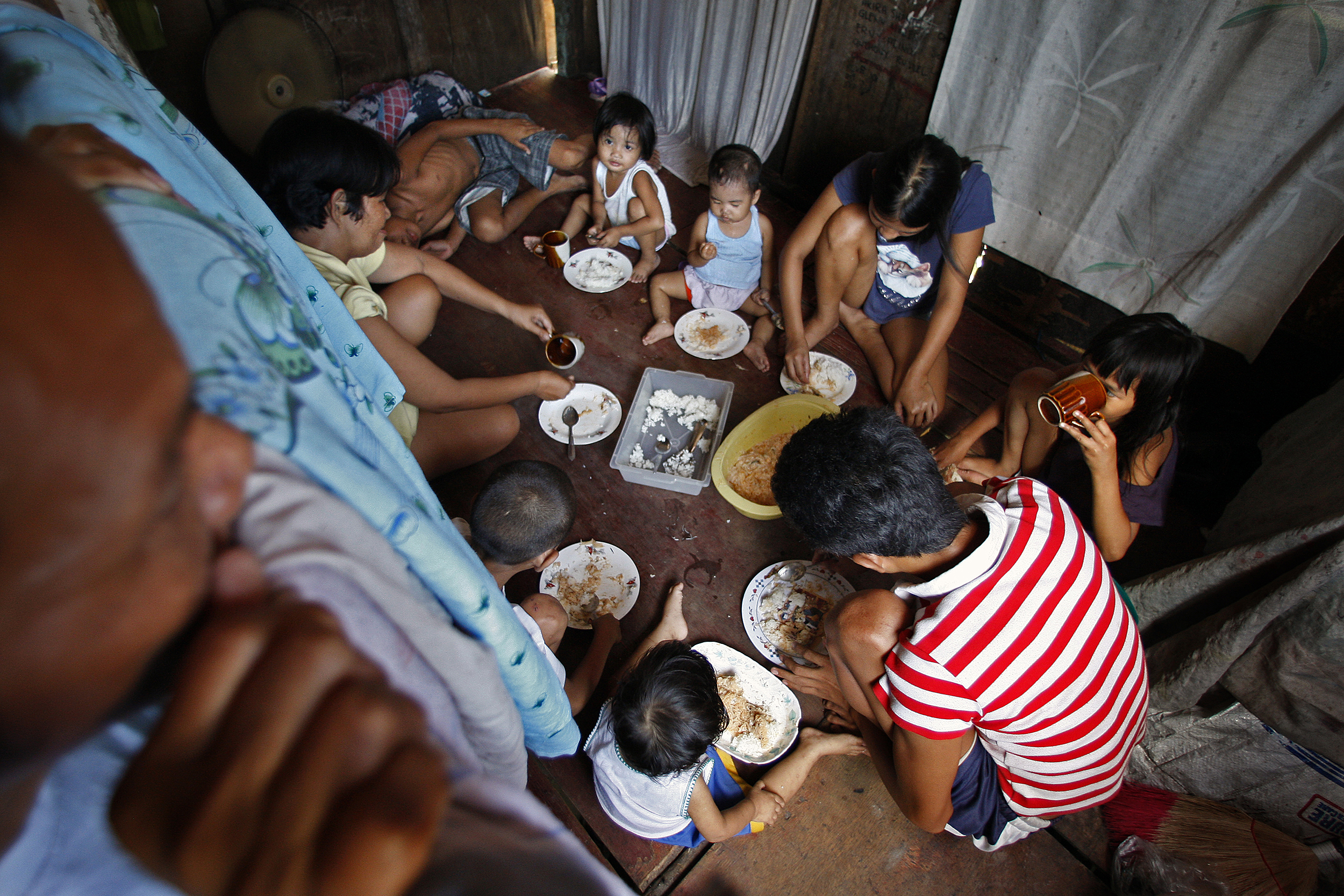
MANILA, PHILIPPINES -- Yolanda Naz's entire family sits for a meal on the second floor of their shack. They all share this same space for sleeping and only have a single, worn out mattress in the room for furniture. Naz wanted to have only two children but a government ban on contraception offered by public health clinics made contraception unaffordable during her child-bearing years.








